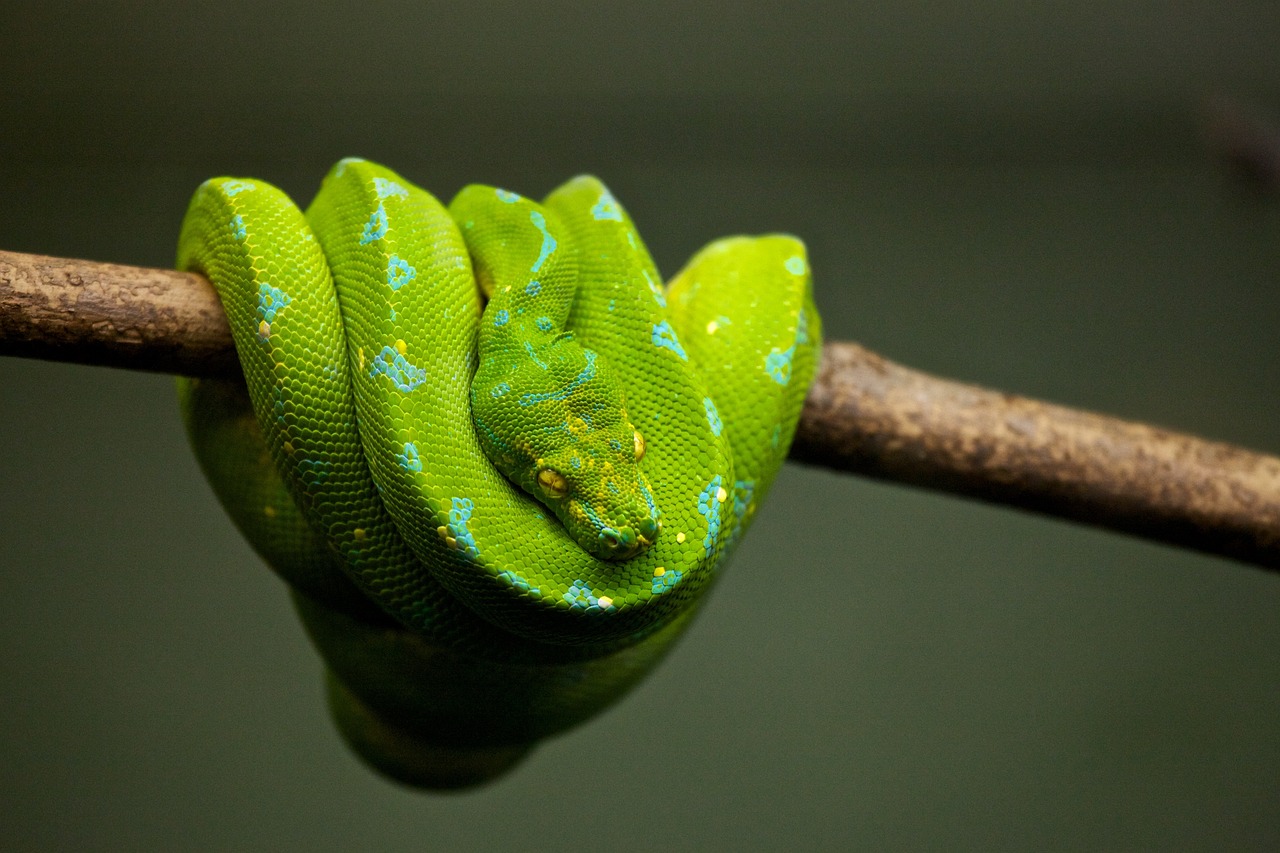Snakes are intriguing creatures that have captivated human curiosity for centuries.
Their unique physical features and enigmatic behavior make it natural to wonder about their emotional experiences.
One common question that arises is, “Can snakes get depressed?”
In this article, we will explore the concept of snake emotions, delve into the possibility of snake depression, and examine the factors that may influence their well-being.
Can Snakes Get Depressed?
The emotional capacity of snakes has long been debated among experts.
While it is challenging to definitively ascertain the presence of emotions in non-human animals, studies suggest that snakes might not experience emotions as humans do.
However, they exhibit behaviors that could be interpreted as signs of distress or unhappiness.
Understanding Snake Behavior
Snakes communicate through various behaviors, including hissing, coiling, and striking.
These actions primarily serve survival functions and are instinctual rather than driven by emotional states.
Snakes are more likely to exhibit behaviors related to mating, hunting, and self-defense.
The Role of Environmental Factors
Snakes are highly adaptable creatures whose well-being depends largely on their environment.
Inadequate living conditions, such as insufficient space, lack of hiding spots, or improper temperature and humidity levels, can lead to stress and negatively impact their physical and mental health.
The Influence of Social Interaction
Snakes are generally solitary animals and do not interact socially as humans or other animals do.
However, some species exhibit communal behavior, such as nesting together or engaging in group hunting. For these species, social interactions may affect their overall well-being.
Stress and Captivity
Captivity can be a source of stress for snakes, especially if their enclosures do not meet their specific needs.
Factors such as limited space, improper temperature or humidity, and lack of mental stimulation can contribute to stress and potentially affect their overall behavior and health.
Recognizing Behavioral Changes
While snakes may not experience emotions like humans, they can display behavioral changes indicating stress or discomfort.
These changes can include reduced appetite, increased aggression, repetitive movements, or decreased activity levels. Monitoring these changes can help identify potential issues and address them promptly.
The Importance of Environmental Enrichment
Providing an enriched environment is crucial for promoting the well-being of captive snakes.
It includes offering appropriate hiding places, suitable temperature gradients, varied and challenging feeding methods, and physical and mental stimulation opportunities. Such measures can help prevent boredom and potential behavioral issues.
FAQs about Snake Emotions
Do snakes feel happiness or joy?
While measuring emotions in non-human animals is difficult, the current scientific understanding suggests that snakes do not experience happiness or joy as humans do. Their behaviors are primarily driven by instinct and survival needs.
Can snakes feel sadness or grief?
Similar to happiness, sadness or grief is not commonly associated with snake behavior. Snakes lack the brain structures and neural pathways typically associated with complex emotional experiences like grief.
What can cause stress in snakes?
Several factors can induce stress in snakes, including inadequate housing conditions, improper temperature or humidity levels, lack of hiding places, overcrowding, and inconsistent feeding schedules.
Can snakes get bored?
While the concept of boredom, as humans understand it, may not apply to snakes, they can become inactive or display repetitive behaviors if their environment lacks stimulation. Providing environmental enrichment can help alleviate these issues.
Are snakes affected by the presence or absence of a companion?
Most snake species do not require or seek companionship. They are solitary animals that primarily interact with others for mating purposes.
However, certain species may display communal behavior, and the presence or absence of conspecifics may influence their behavior and well-being.
Can snakes form bonds with humans?
While snakes do not form emotional bonds with humans, they can become accustomed to their presence and develop trust through consistent positive interactions.
Conclusion
While the question of whether snakes can get depressed remains inconclusive, it is essential to prioritize their well-being in captivity.
Understanding their natural behaviors, providing appropriate housing and environmental enrichment, and closely monitoring their health can contribute to the overall welfare of these fascinating creatures.
By striving to meet their specific needs, we can ensure that snakes lead healthy and fulfilling lives in our care.
Related Articles:
What Do Snakes Smell Like? A Detailed Guide
Can Snakes Eat Fruit? What You Need To Know
Can Snakes Eat Apples? What You Need To Know

